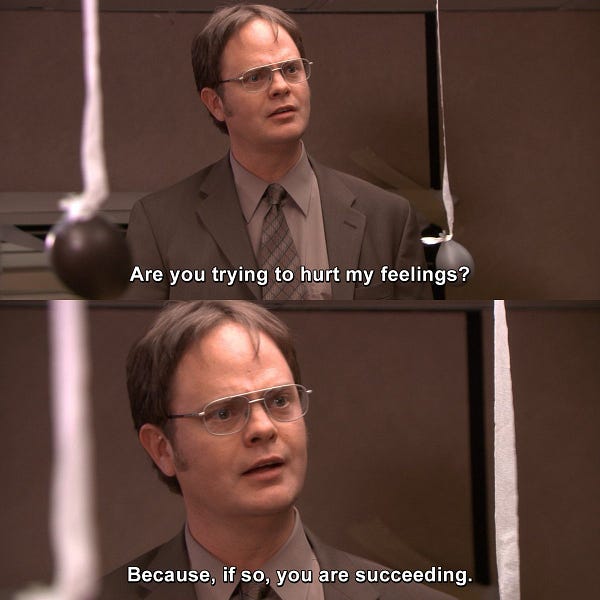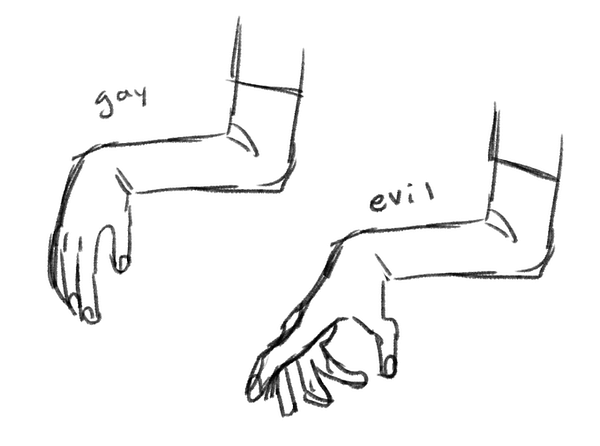Happy Thursday!
I have a lot of stuff for you today.
Please open this email in a new window, if you want to make it to the end.
Here’s what I have for you:
Housekeeping
Resources
What I’m reading
On radical softness
Quotations
Tweets
Housekeeping:
Issue 8 of The West Review came out this week, and it’s beautiful.
Here, I gush over all the wonderful work:


And you can read it in its entirety right here.
This issue also includes an interview I conducted with Jericho Brown waaay back in 2018—and it’s definitely worth reading.
In the meantime, here is an excerpt:
I read a lot of books. And if you read a lot of books, then they’ll tell you that you’ve gotten a lot of propaganda over the course of your life. You find out, “Oh, a lot of what I’ve been given is plain old propaganda to indoctrinate me into a certain kind of whiteness, into a certain kind of capitalism, into a certain kind of gender bias.” That indoctrination is not where I want to be. I don’t want to be there. I want to be where I can see. I don’t see everything, but I’d rather be on my way to trying than not. I’d just rather live. You know? I just want to live all the way. And I don’t think I bother anybody, either.
&, as a reminder, I’ll be leading a workshop on zines in early April.
You can sign up here.
My fiction collection is still available for preorder.


Resources:
The Jim Henson Foundation awards grants each year for the creation of innovative works of contemporary puppet theater. Applications are judged based on the excellence of the puppetry including puppet design, manipulation, and theatrical execution. Production Grants of $7,000 are awarded for the production of new works ready to be presented in the coming year. Workshop Grants of $3,000 are for the development and workshopping of these pieces. Family Grants of $4,000 fund the development of new and innovative work specifically for children, families, and teenagers.
I’m screaming that this even exists but if anyone’s into puppetry, please take advantage of this opportunity. So! fun!
What I read last week:
Radical Softness as a Boundless Form of Resistance, Be Oakley
Mutual Aid in Times of Crisis: Ecological, Economic, and Political
To read:
Find a Home in These Unsung Classics of Black Queer Literature
What Does “Queering Design Education” Actually Look Like in Practice?
CLASS DISMISSED: A ROUNDTABLE ON ART SCHOOL, USC, AND COOPER UNION
On radical softness:
I believe in radical softness.
-Be Oakley
There have been many powerful actions of resistance, the moments of rest by many protestors. There have been so many “radically soft” forms of resistance that have been expressed outside of the physical protests in the streets.
-Be Oakley
This softness is the result of the tenderness of our friendships, support systems, and chosen families, as well as the tenderness of our bodies and our modes of speaking.
-Be Oakley
I believe in radical softness and I enact it as often as I feel able, allowing myself the opportunity to embrace the vulnerability in queer existence as a source of strength.
-Be Oakley”
“Radical Softness as a Boundless Form of Resistance” articulates a form of resistance that speaks to an alternative public, one that proliferates through a more hidden mode of radical communication. […] I hope to challenge the way terms such as “radical” and “resistance” are often viewed through an ableist lens as active, as against ostensibly passive forms of softness or emotiveness.
-Be Oakley
[Radical softness is] an internal feeling that drives how we carry ourselves in the world. This softness is the tenderness of our identities that gives us strength in our willingness to survive. This softness is the result of the beauty of our friendships, support systems or chosen families. This softness — which one can express unapologetically — is a source of strength that can never be taken away from us, even in death.
-Be Oakley
I try to imagine vulnerability as a legitimate act of resistance.
-Be Oakley
Radical softness – a term coined by New York publisher Be Oakley – is the queer theory that is the foundation the exhibition rests on. Regardless of gender or cultural identity, everyone is in constant contact with a world that tells us how to be, what to think, what to look like, and how you will be treated if you don’t conform to the social norms. How do you walk through the world when you have been cast into its outskirts? Radical softness presents solutions. Although it does not exist in tangible or visible form, and isn’t vocalized or enacted, its power lies in its tenderness. Be Oakley claims: “It is an internal feeling that drives how we carry ourselves in the world.” A resonance of “the beauty of our friendships, support systems, or chosen families.”
“Softness” is the result of a restored state of emotional, mental, and physical rest – a strength that allows oppressed groups to not just survive in existing systems but create alternatives where they can flourish.
Other quotations I encountered this week:
Subsuming radical practices into dominant structures perpetrates more harm than it reduces. Non-profits, museums, cultural corporations, style magazines, chic developers, and governmental arts councils are all complicit (to varying degrees) in the exploitation of transgressive art for capital accumulation.
-Darian Razdar
[GenderFail publishes] “works that expand queer subjectivity by looking at queerness as an identity that challenges capitalist, racist, ableist, xenophobic, transphobic, homophobic, misogynistic, and anti-environmental ideologies.”
-Be Oakley
In the wake of techno-utopianism’s imploding digital dream, is print on paper once again our last, best hope for inspiring change?
Every daring attempt to make a great change in existing conditions, every lofty vision of new possibilities for the human race, has been labeled Utopian.
-Emma Goldman
The Printed Matter Inc. project did not change so much as it evolved. Originally, the idea was to provide publishing support for artists working with the new books medium in an attempt to reach a public outside the national art centers and the gallery/museum system. It soon became apparent, however, that the real necessity was for a means by which these works could reach their public.
-Lucy Lippard
Artists’ Books take art and ideas into places where there are not other facilities for the housing of these ideas. They are direct communication between artist and audience and they make it possible for the ideas in art to exist in the hands of all people.
-Lucy Lippard
[Artist books] open up a way for women artists to get their work out without depending on the undependable museum and gallery system.
-Lucy Lippard
Artists’ books provide the most accessible and ‘off-the-wall’ location for ideas/works whose essential form is not a function of traditional media.
-Douglas Huebler
Suppose art was as accessible to everyone as comic books? as cheap and as available? What social and economic state of things presuppose?
-Adrian Piper
As I see a new interest in artists’ books in this current generation, I see an attempt to find sustainable economic models that are controlled, self-controlled, that are not being imposed from above, but that are being built from below.
-Max Schumann
Tweets:







Anyways.
I lose my healthcare soon. Please consider buying some used books or collages or zines or resources or notebooks, if you can. Tysm.
And have a great weekend—
-Despy Boutris
Instagram
Twitter
Website
Shop
Wishlist













